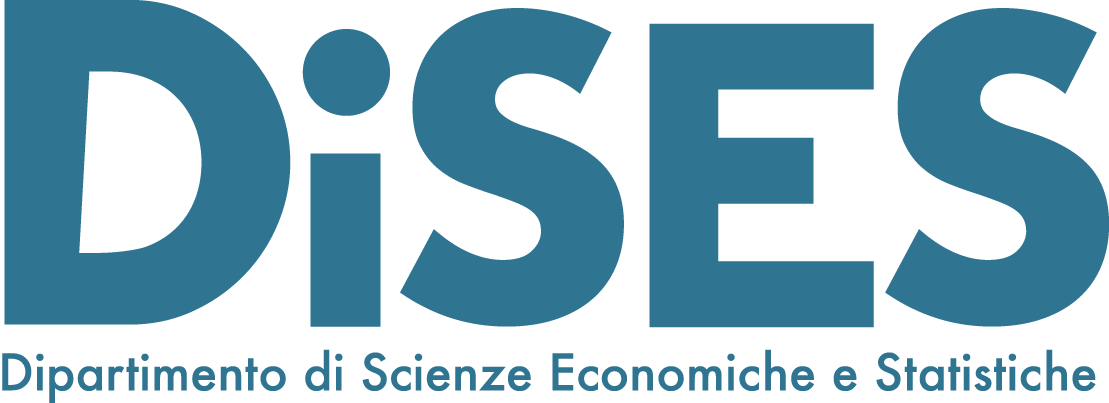

This program offers a solid understanding of the theoretical foundations for studying the decisions of economic agents in different market structures and the determination of prices and equilibrium allocations.
All courses are accessible in asynchronous mode through academic and interactive video lectures, in-depth readings, quizzes and learning activities. At the end of each course or program it will be possible to gain a certificate.
What you will learn
- The theoretical foundations to study economic agents’ decisions in different market structures
- The tools of game theory to the analysis of markets and strategic decisions
- How to design and bid in an auction
- Mathematical tools to understand the foundations and techniques of modern economic analysis
Courses
Microeconomics I
Explore the analytical tools of microeconomics: From the analysis of individual preferences to consumer behavior models.
Microeconomics II
Explore the analytical tools of microeconomics: from the analysis of decisions by firms to multi-product firms and tech production sets.
Game Theory I
Learn how to represent games: master both static and dynamic strategic interaction among rational decision makers and how to apply it to practical economic problems.
Game Theory II
Learn how to represent games: master both static and dynamic strategic interaction among rational decision makers and how to apply it to practical economic problems.
Mathematical methods for Economics
From the algebra to the concept of fixed point, to the calculus of probability and optimization: acquire the tools for understand the modern economies
Instructors
 |
Luca Anderlini Professor of Economy, Georgetown University and Università di Napoli Federico II |
|---|---|
 |
Marco Pagnozzi Professor of Economics, University of Naples Federico II |
 |
Matteo Bizzarri Research Fellow of Economics, University of Naples Federico II |
 |
|---|
|
The Department of Economics and Statistics (DISES) at the University of Naples Federico II has a long tradition in training students interested in pursuing a career in academics, policy institutions and the financial industry. The Department currently offers a BA and a MA in Economics, a BA and MA in Finance, a MSc in Economics and Finance (MEF) and a PhD in Economics. Both the MEF and the PhD programs are entirely English-taught. Faculty members work on all major areas of microeconomics, macroeconomics, finance, statistics and mathematical economics. The Department also hosts the Center for Studies in Economics and Finance (CSEF), with which it is fully integrated in research and graduate teaching. |
